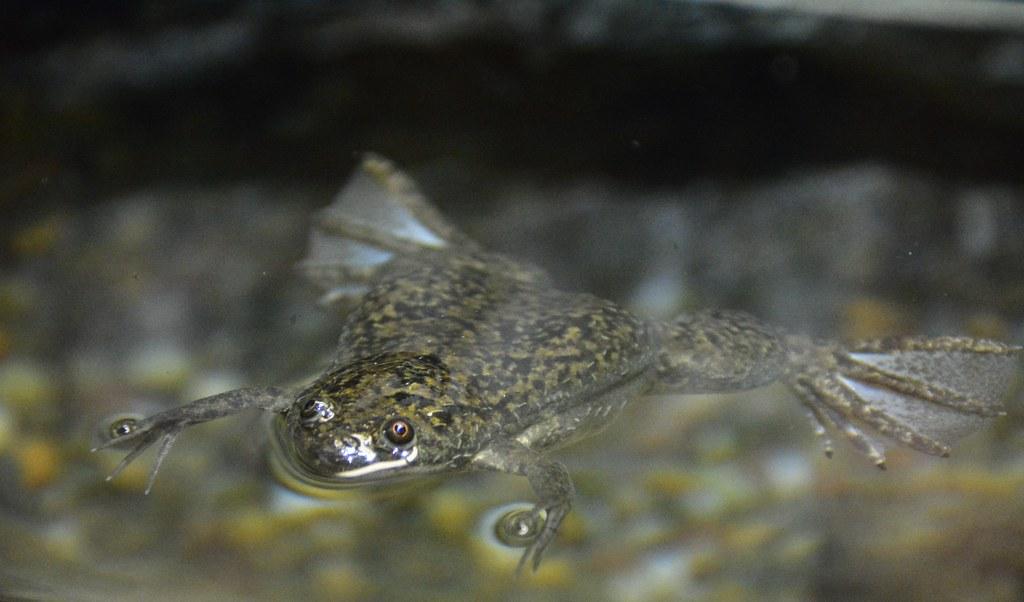In a world where our four-legged companions are more like family than pets, the choices we make for their well-being carry significant weight. As pet owners, we find ourselves standing in the aisle, faced with an array of options—each promising the best for our beloved furry friends. Among these choices, organic pet food emerges as a contender, often with a price tag that makes us pause and ponder. Is it truly worth the extra cost for a promise of better health? In this exploration, we delve into the heart of the matter, unraveling the truths and myths surrounding organic pet food, and ultimately, seeking to answer the question that tugs at every pet parent’s heart.
Understanding the Organic Pet Food Label
When you pick up a bag of organic pet food, the label is often a puzzle of terms and claims. Understanding these can help you make informed choices for your furry friend’s diet. Organic pet food must meet specific standards set by certifying bodies. These standards ensure that the ingredients are grown without synthetic fertilizers, pesticides, or genetically modified organisms (GMOs).
- USDA Certified Organic: This label guarantees that 95% or more of the ingredients are organic.
- Natural: While this sounds appealing, it doesn’t necessarily mean organic. It usually indicates minimal processing.
- Grain-Free: This doesn’t equate to organic. It’s crucial to check the ingredient list for quality and origin.
Being familiar with these terms can help you discern whether the higher price tag aligns with the health benefits you seek for your pet. The goal is to ensure their diet is both nutritious and free from harmful additives.
Decoding Nutritional Benefits for Your Furry Friend
Understanding the nutritional advantages of organic pet food can feel like navigating a complex maze. Yet, it’s crucial for discerning pet parents who want to ensure the best health outcomes for their beloved companions. Organic pet food often boasts a variety of benefits:
- Higher Quality Ingredients: These products are typically made from natural, non-GMO ingredients, free from synthetic additives and preservatives.
- Improved Digestion: With fewer artificial fillers, organic options may promote better digestion and nutrient absorption.
- Reduced Allergies: Many pets experience fewer allergic reactions when switched to organic diets, as these foods often eliminate common allergens.
While the price tag might be steeper, the investment in organic pet food could translate into fewer vet visits and a longer, healthier life for your pet. Weighing these benefits against the cost is essential in making an informed decision tailored to your pet’s unique needs.

Comparing Costs: Is Organic Truly Priceless?
When it comes to our furry companions, many pet owners face the dilemma of whether to invest in organic pet food. The promise of better health and nutrition is alluring, but does it justify the often higher price tag? Let’s break down the costs and benefits.
- Ingredient Quality: Organic pet food typically boasts higher quality ingredients. Free from synthetic pesticides and GMOs, these products promise a more natural diet.
- Health Benefits: Some pet owners report improved coat shine, better digestion, and increased energy levels in their pets after switching to organic options.
- Cost Analysis: While organic options are generally more expensive, the potential reduction in vet bills due to improved health could balance the scales.
Ultimately, the choice depends on individual priorities and budgets. Weighing the potential health benefits against the financial outlay can help determine if the investment in organic pet food is truly priceless.

Expert Tips for Choosing the Right Organic Option
When selecting an organic pet food that truly benefits your furry friend, consider these key tips to ensure you’re making the best choice:
- Check the Ingredients: Look for whole, recognizable ingredients like organic chicken, brown rice, and vegetables. Avoid fillers and artificial additives.
- Certifications Matter: Ensure the product has a legitimate organic certification. This guarantees the food meets specific organic standards.
- Understand Your Pet’s Needs: Different pets have different dietary requirements. Consult with your vet to tailor the choice to your pet’s specific health needs.
- Research Brands: Opt for brands with a strong reputation for quality and transparency in their sourcing and production processes.
Investing in the right organic option can lead to improved health and vitality for your pet, making the extra cost worthwhile.


































